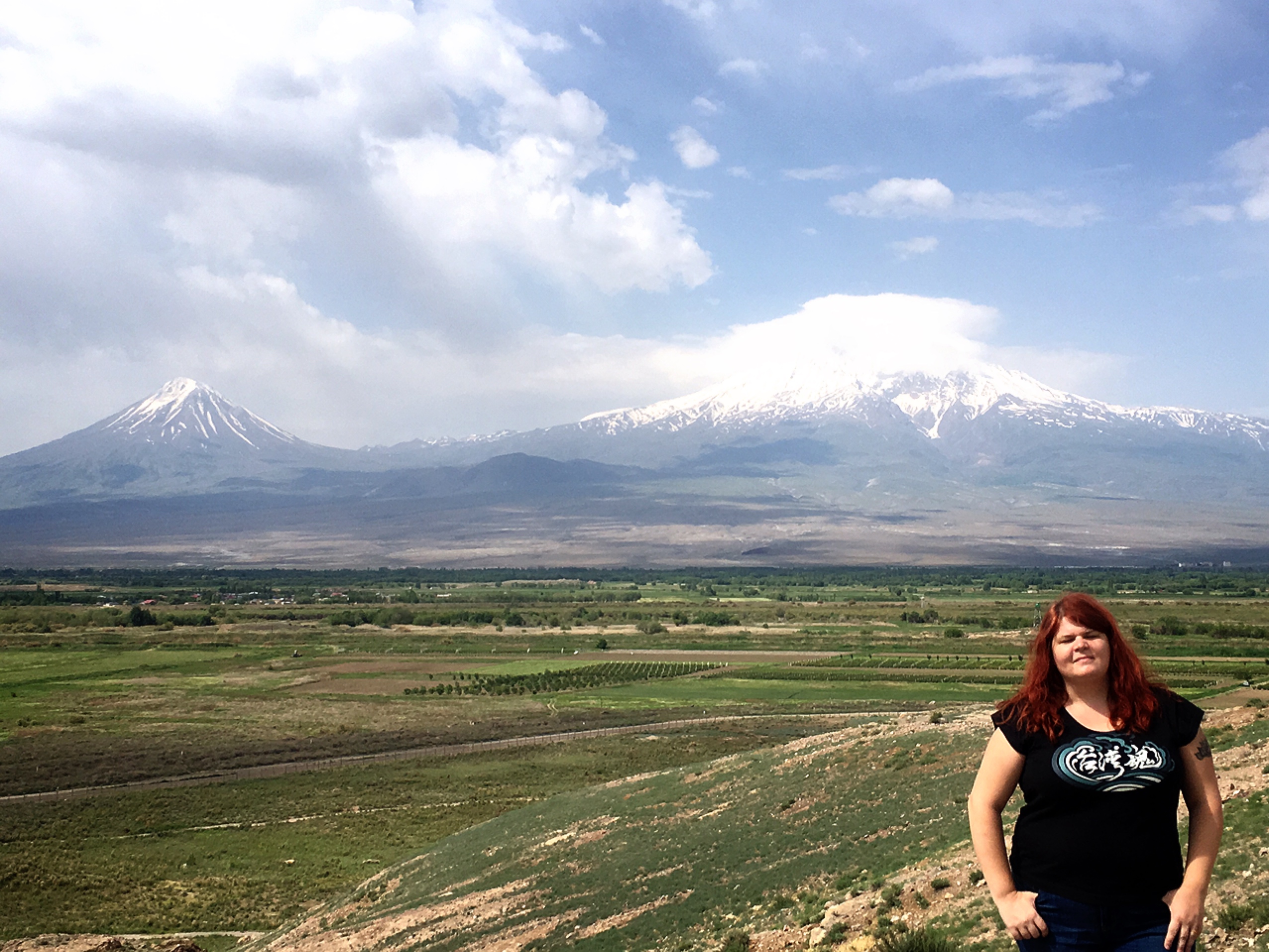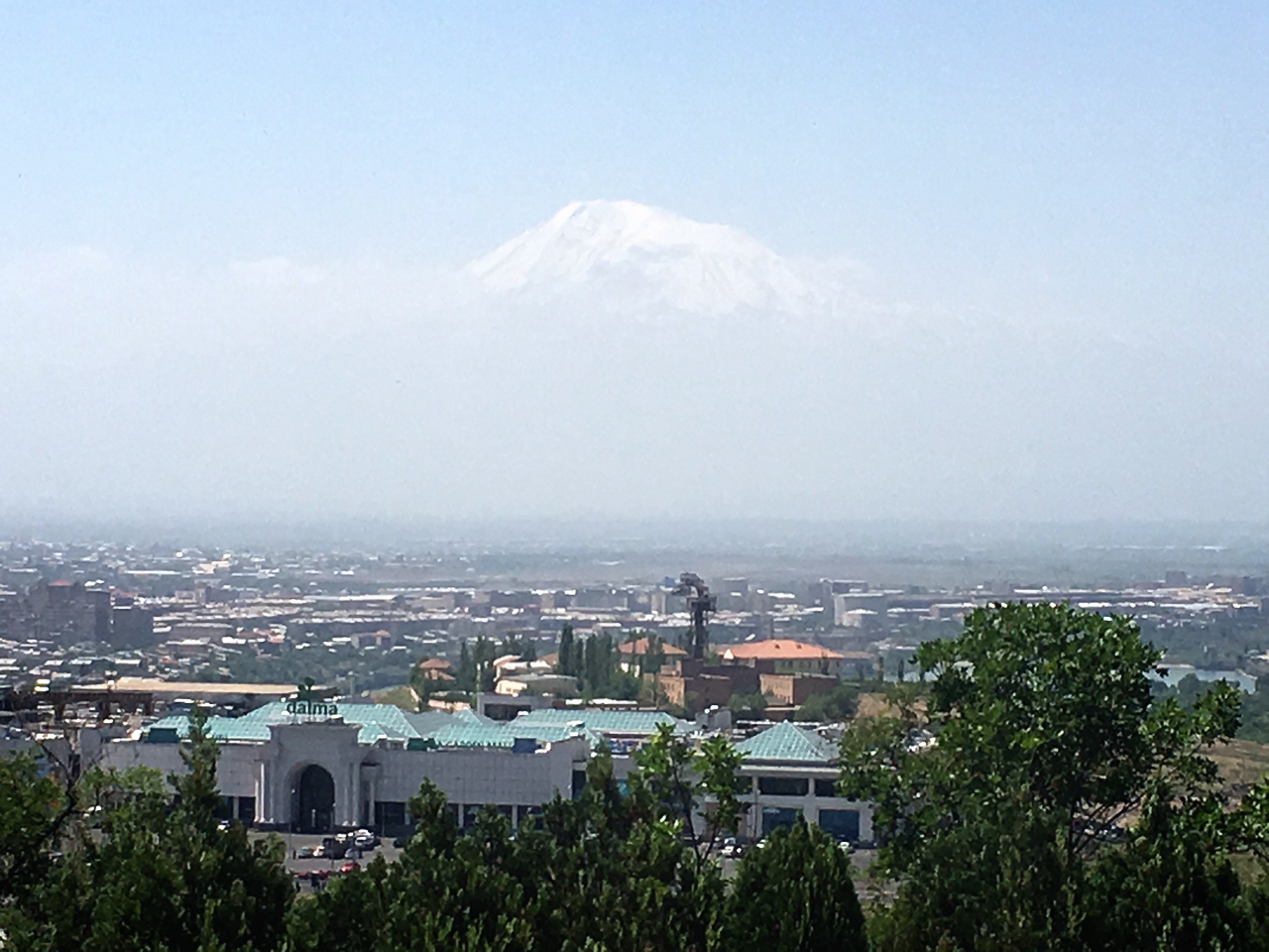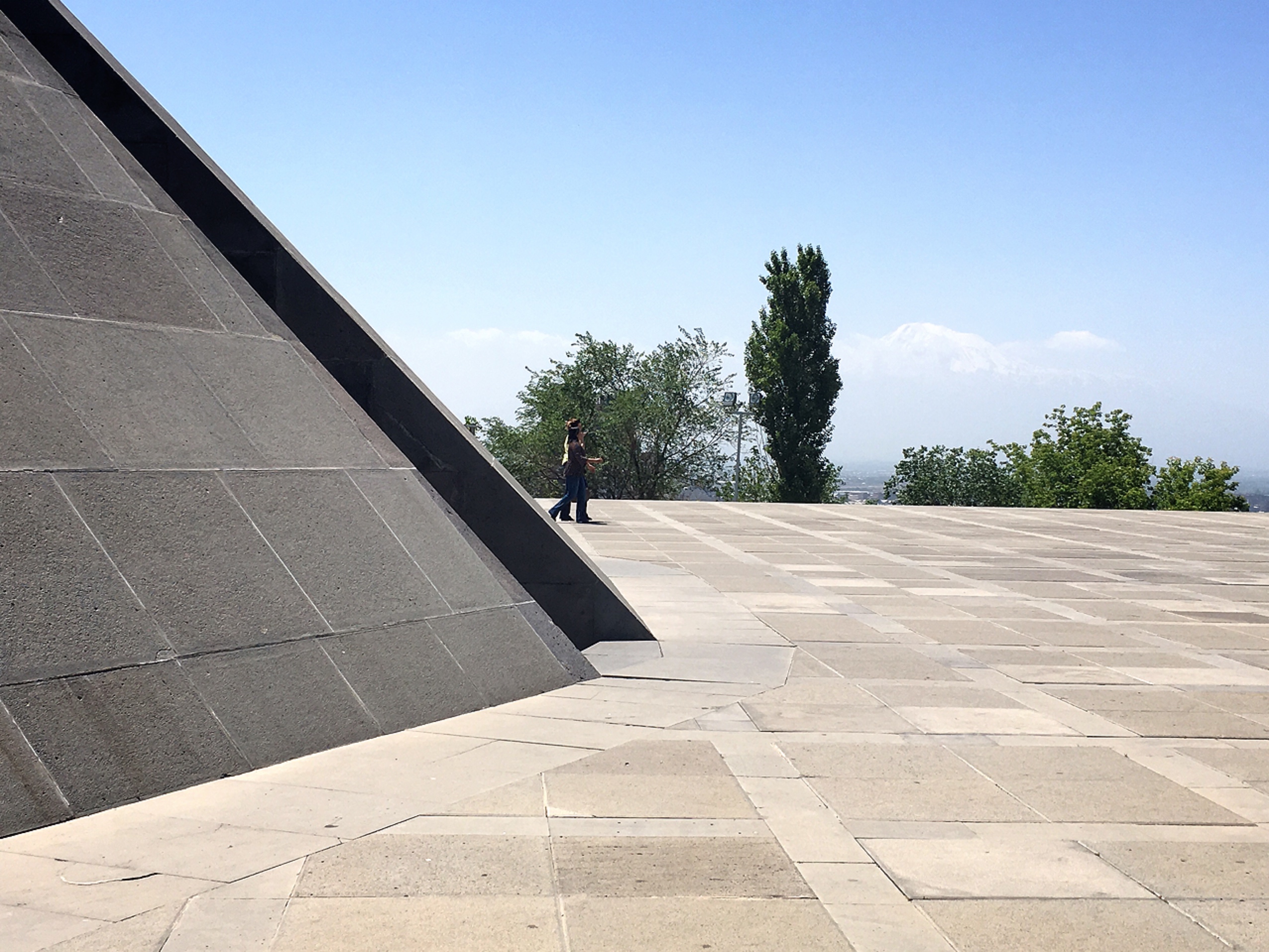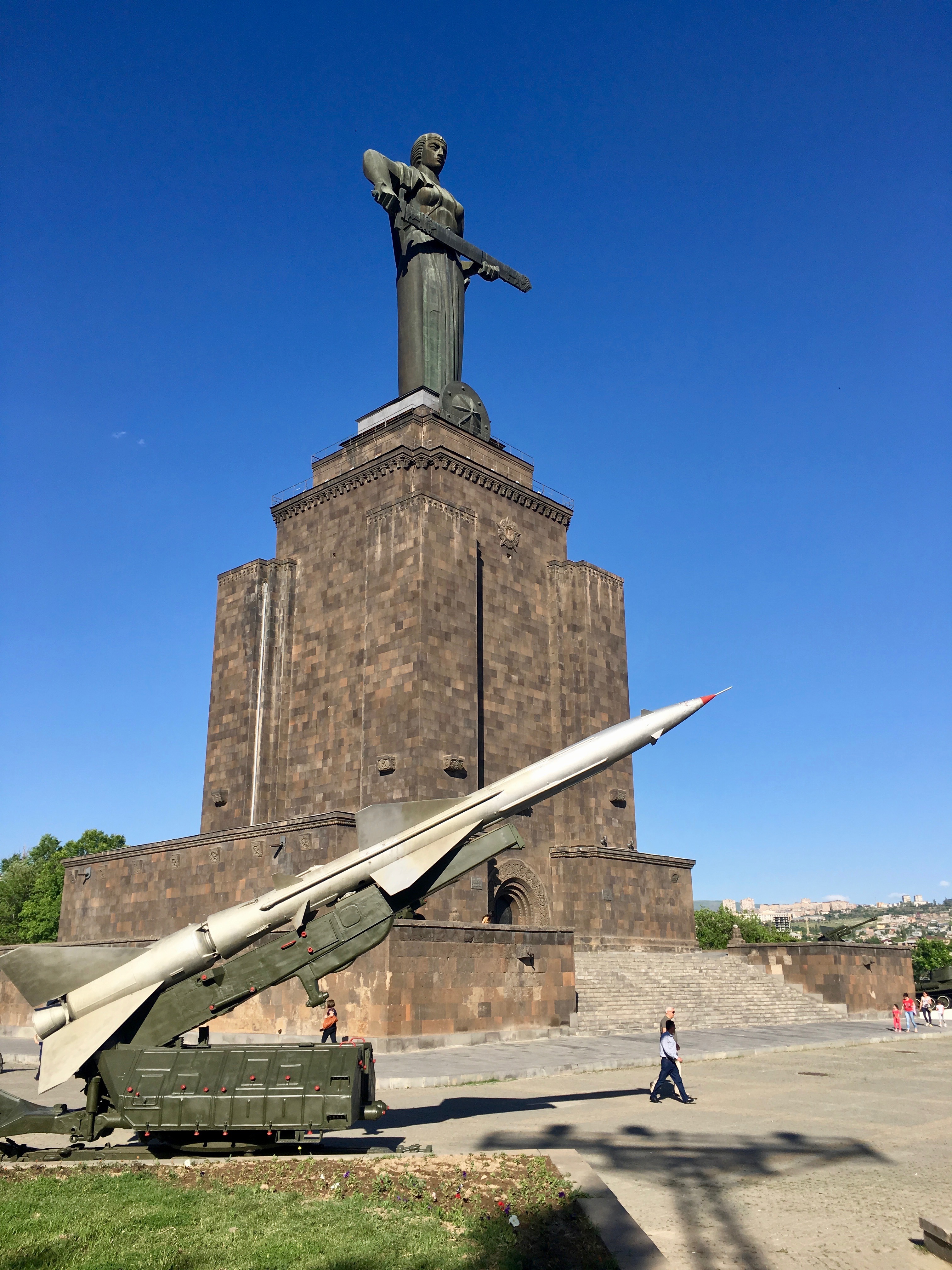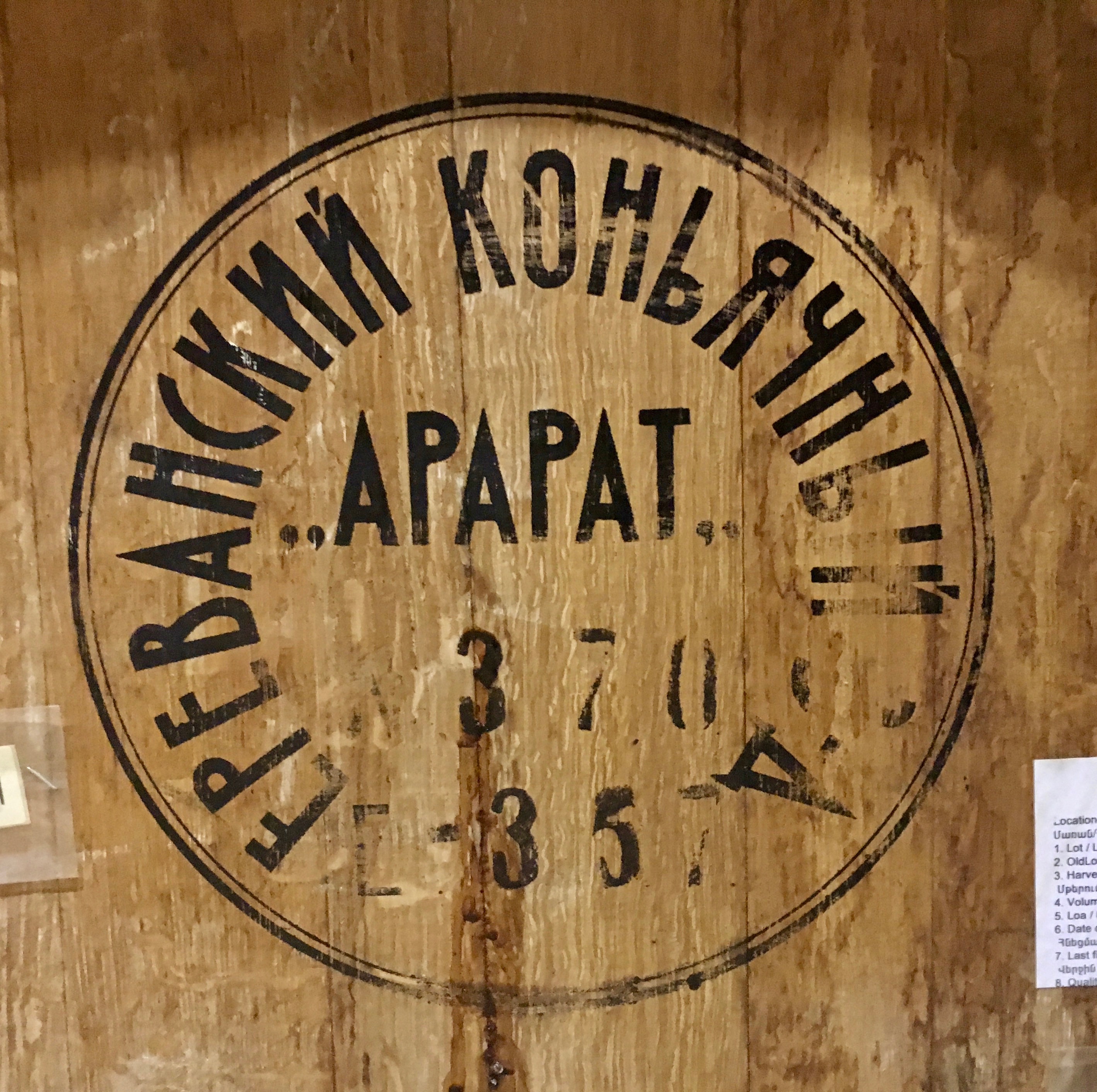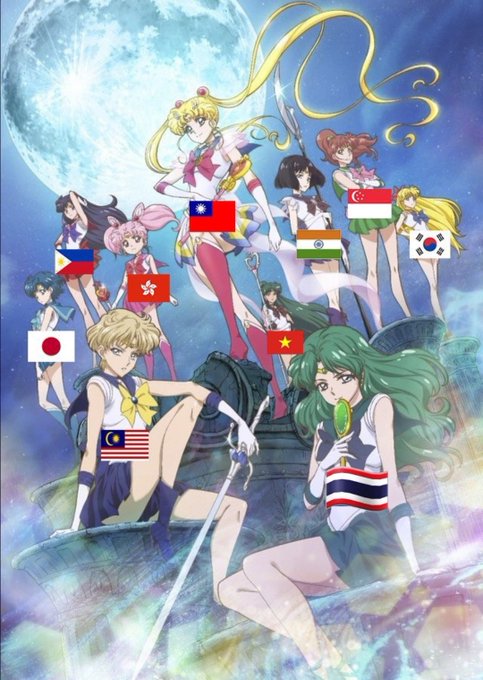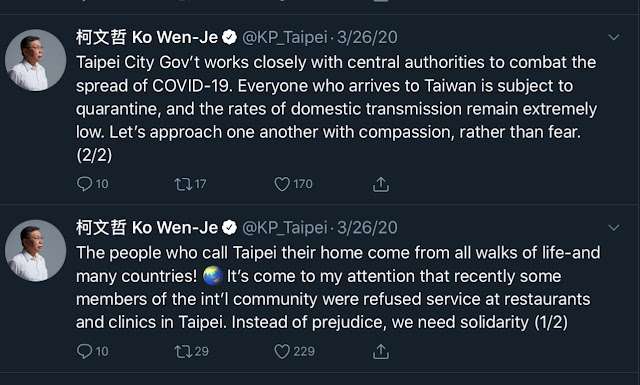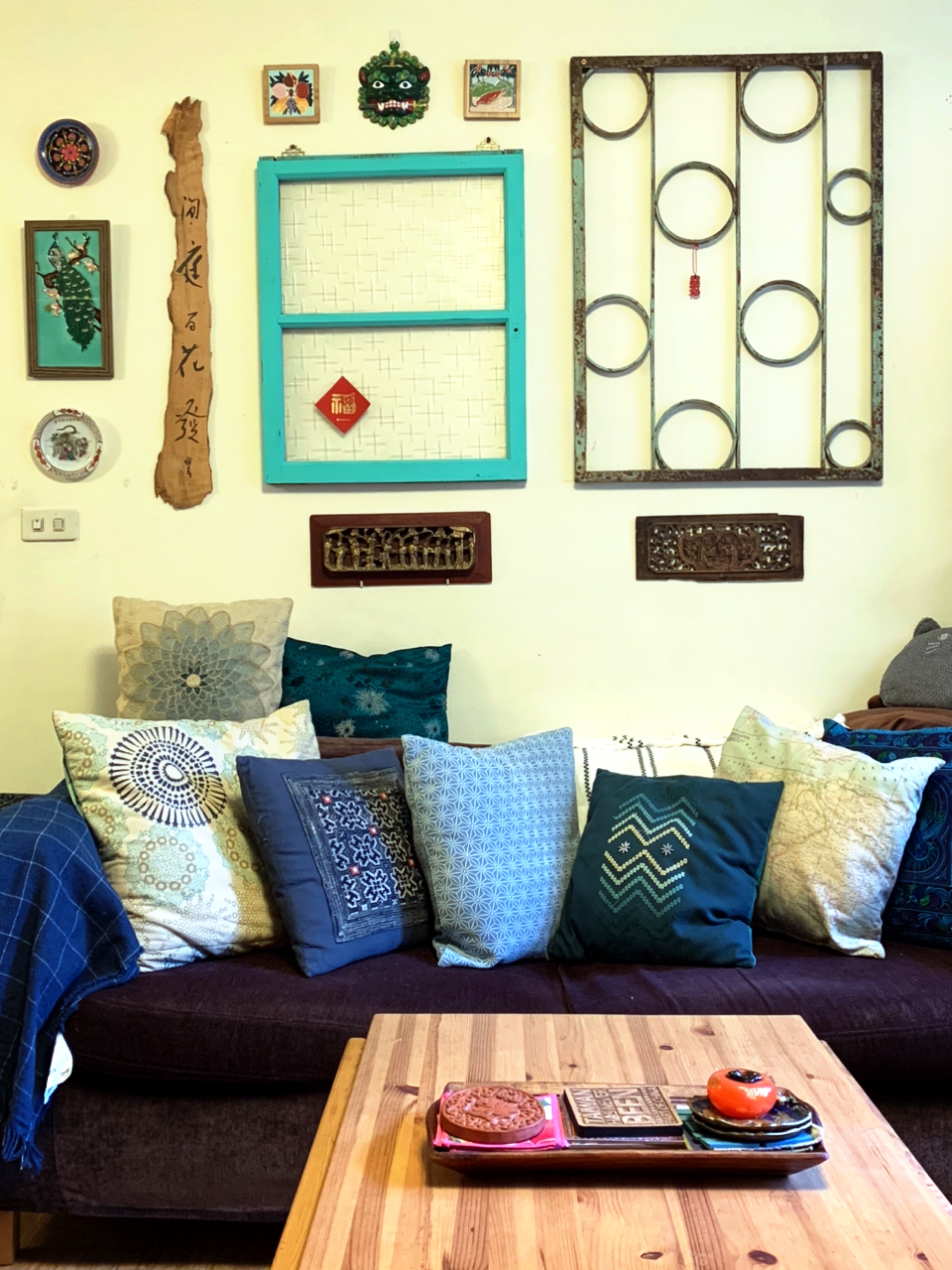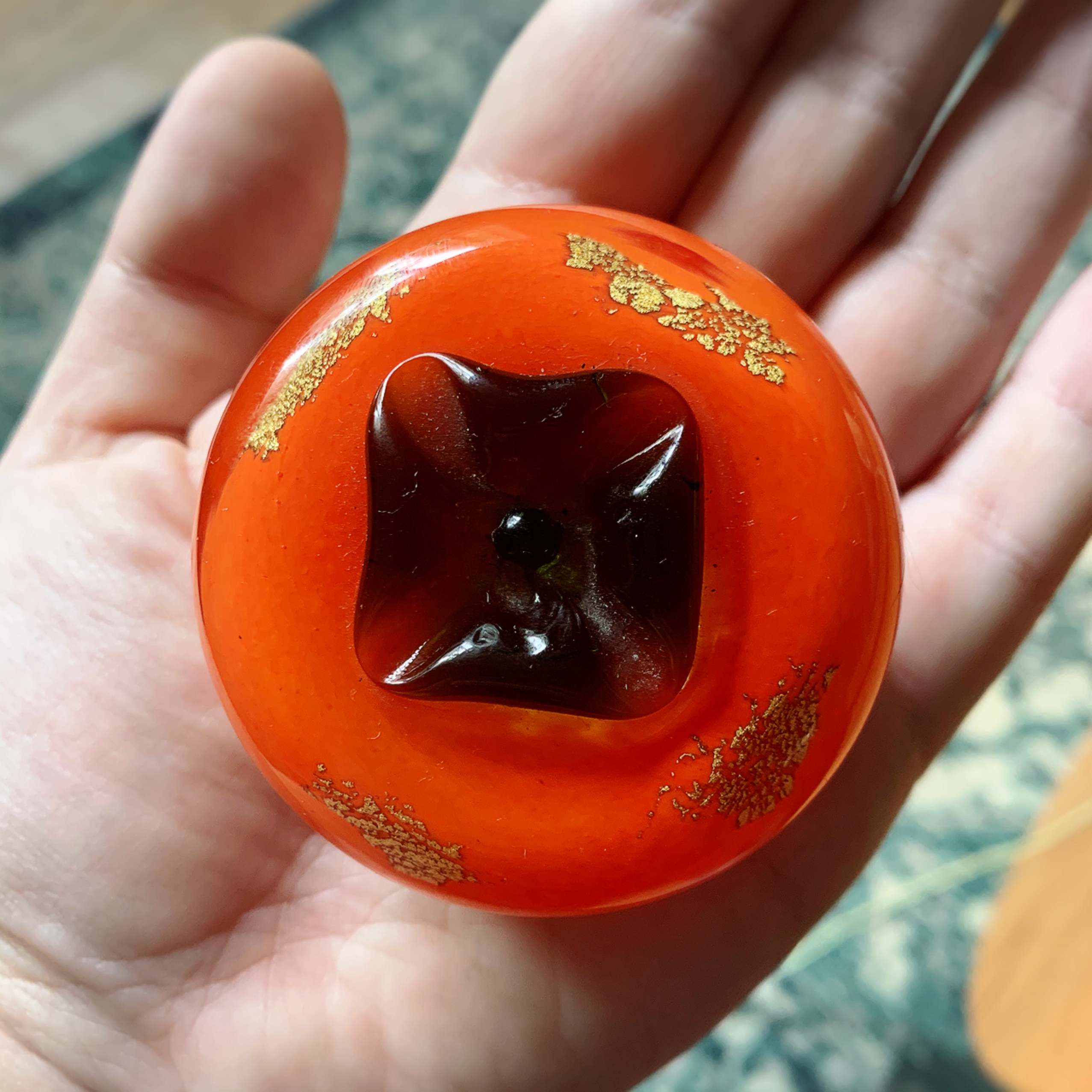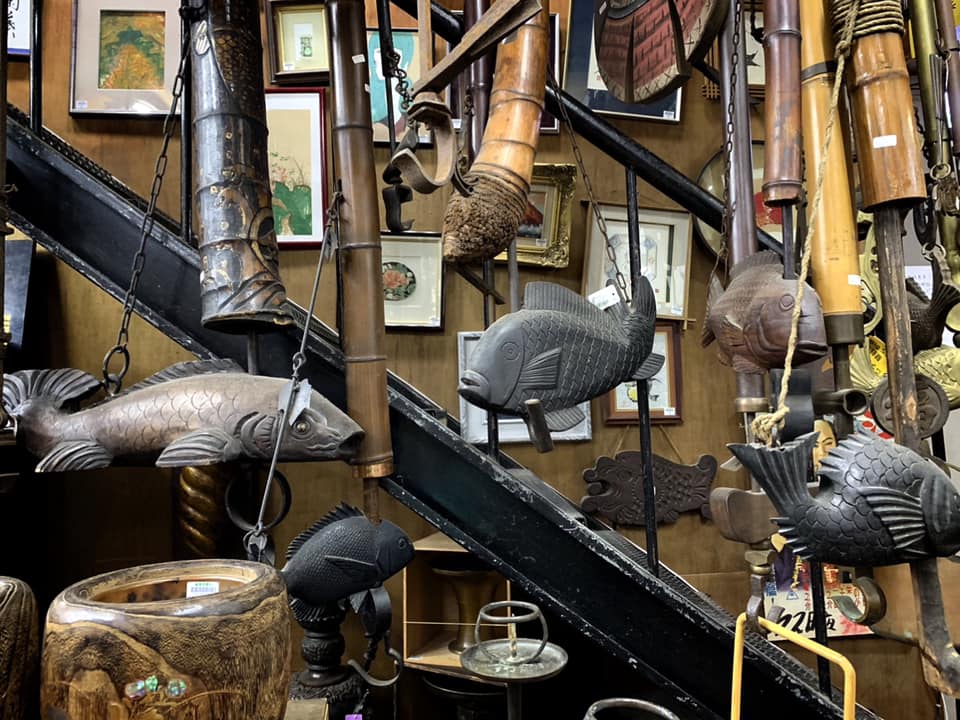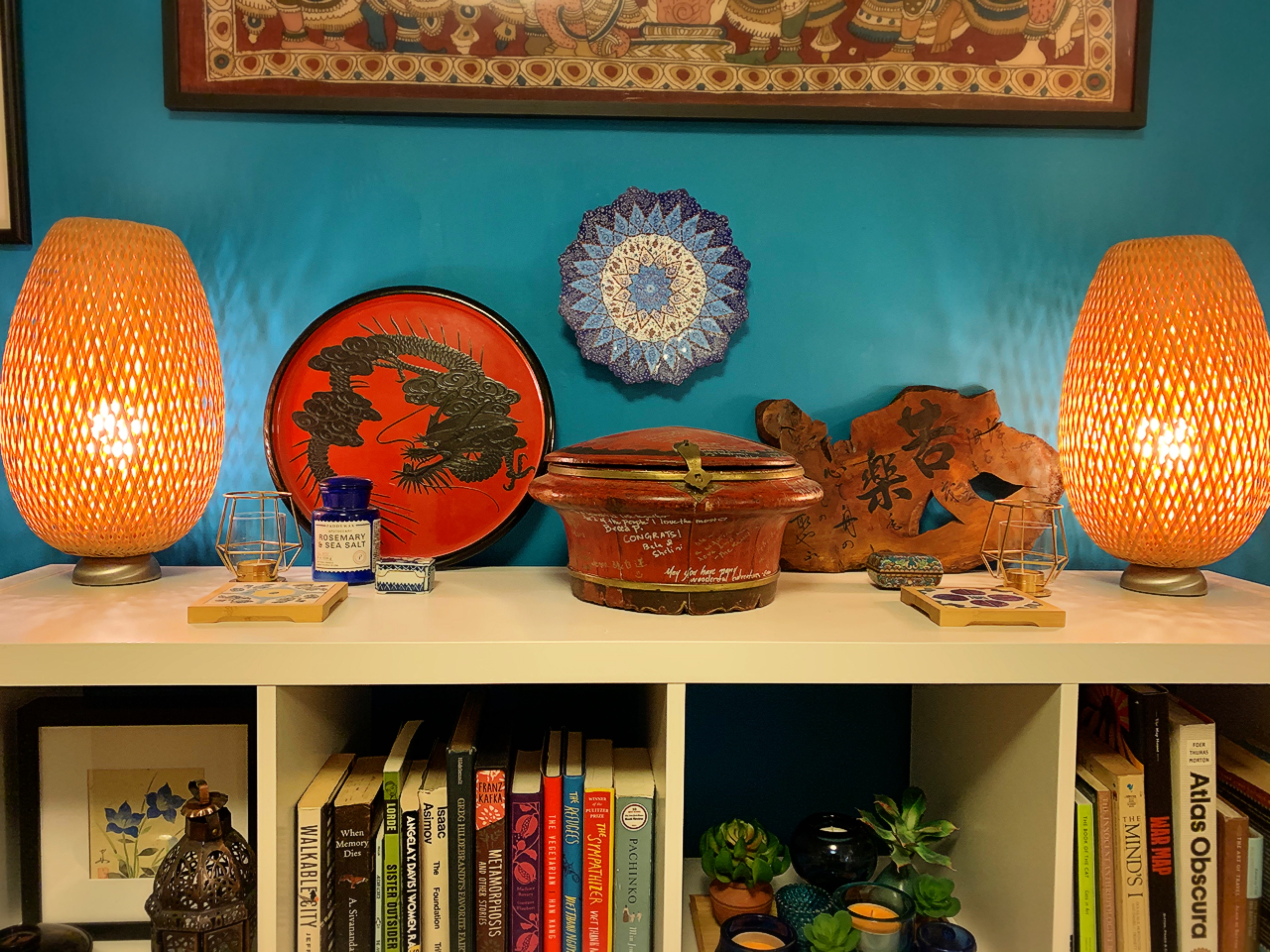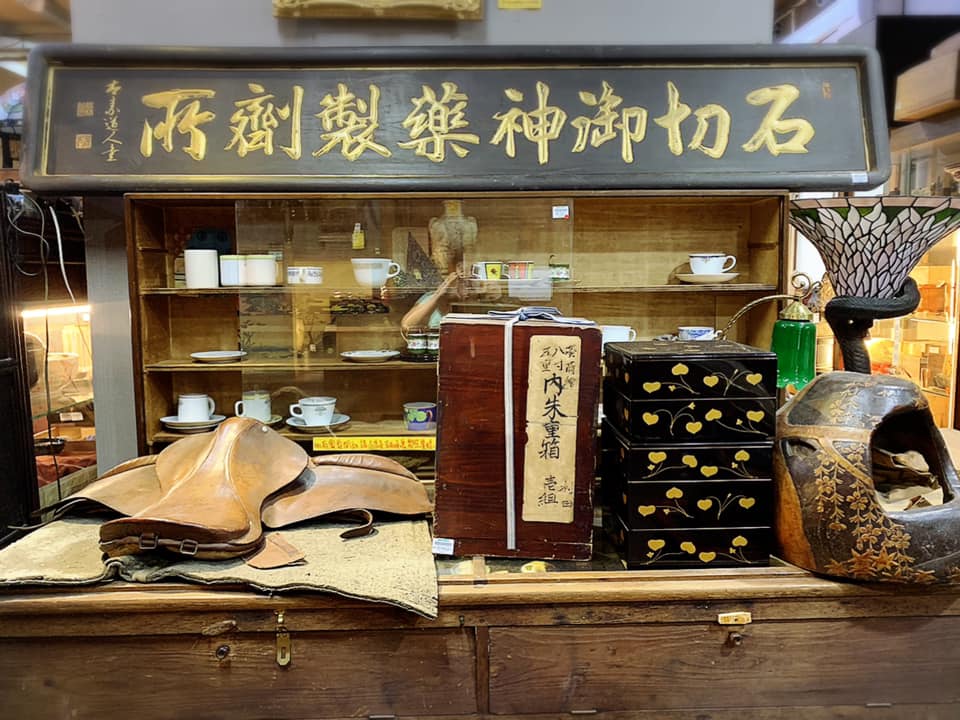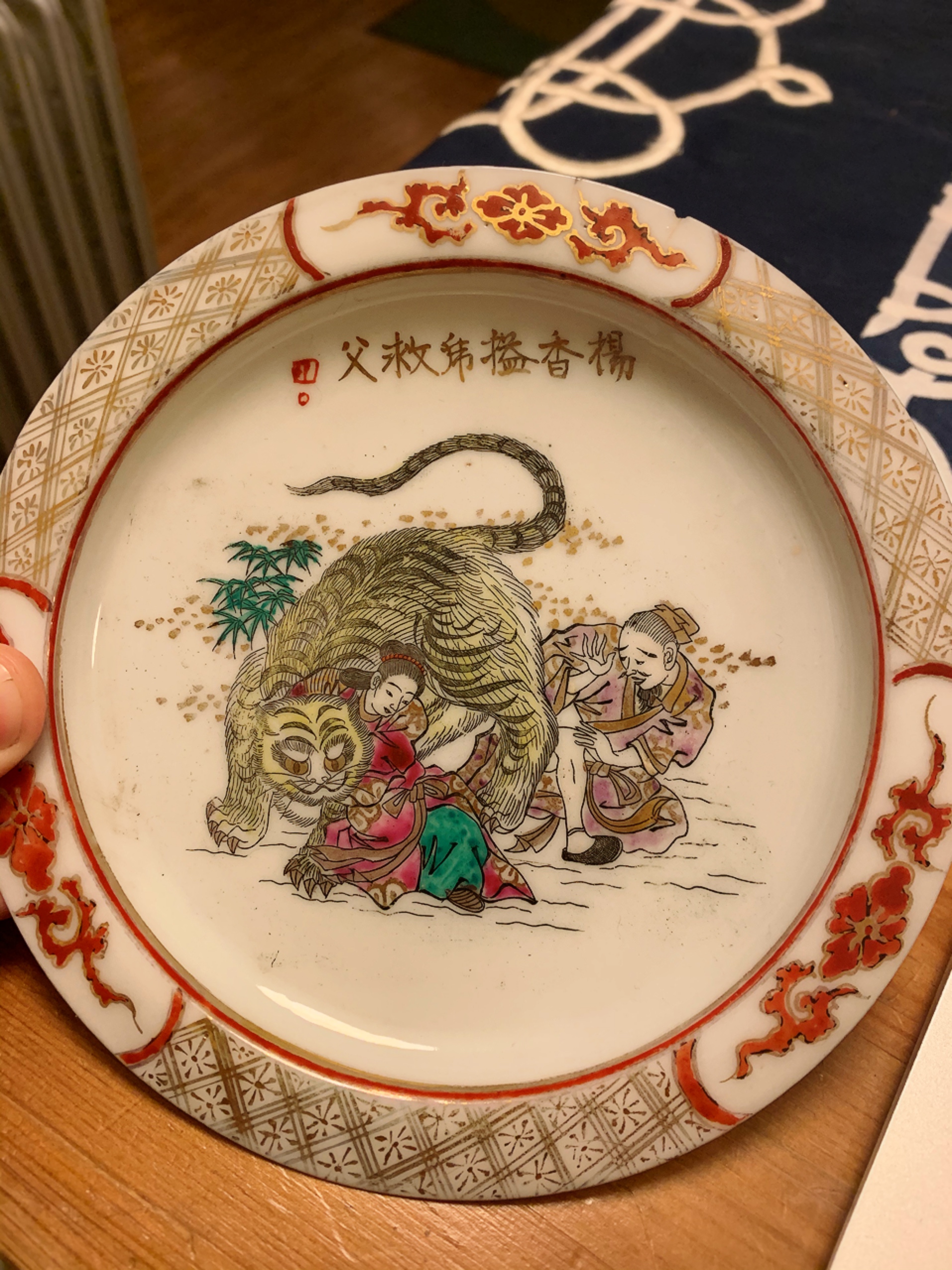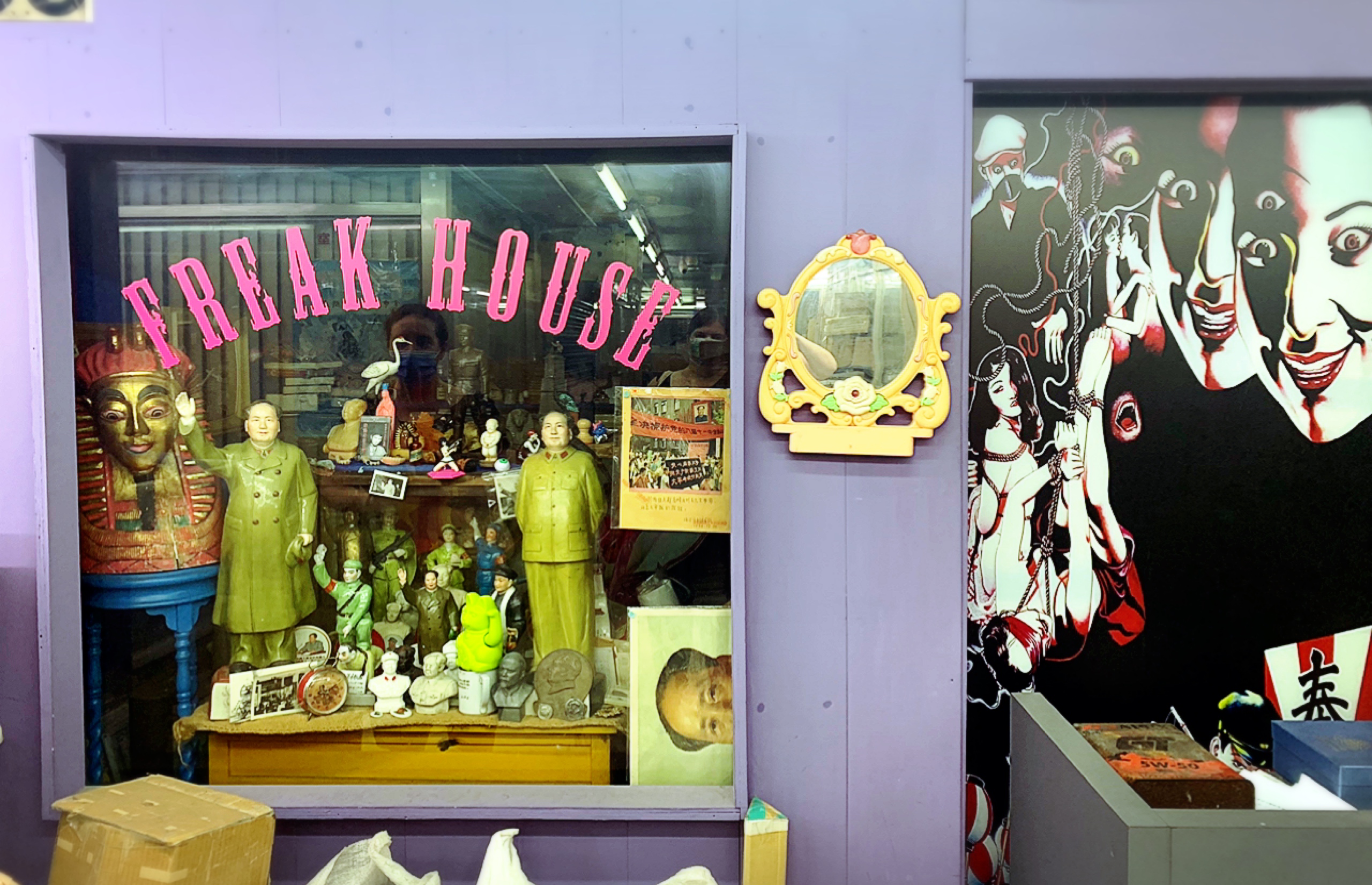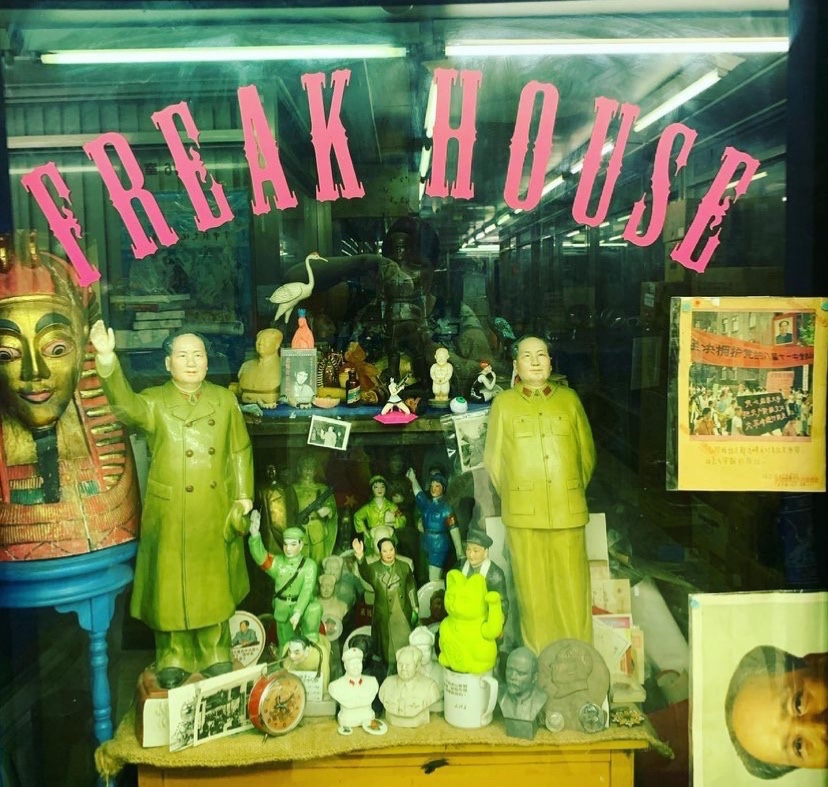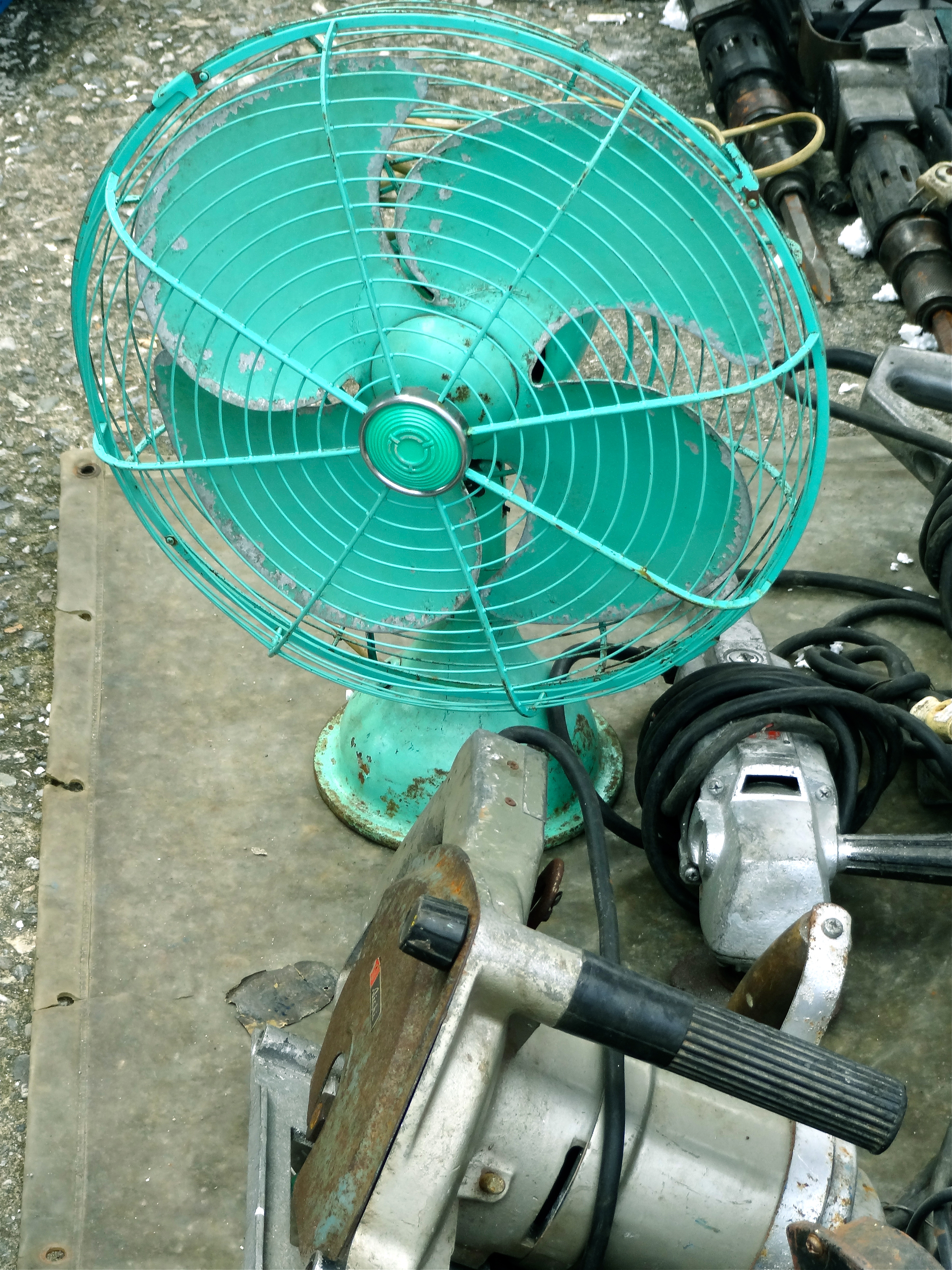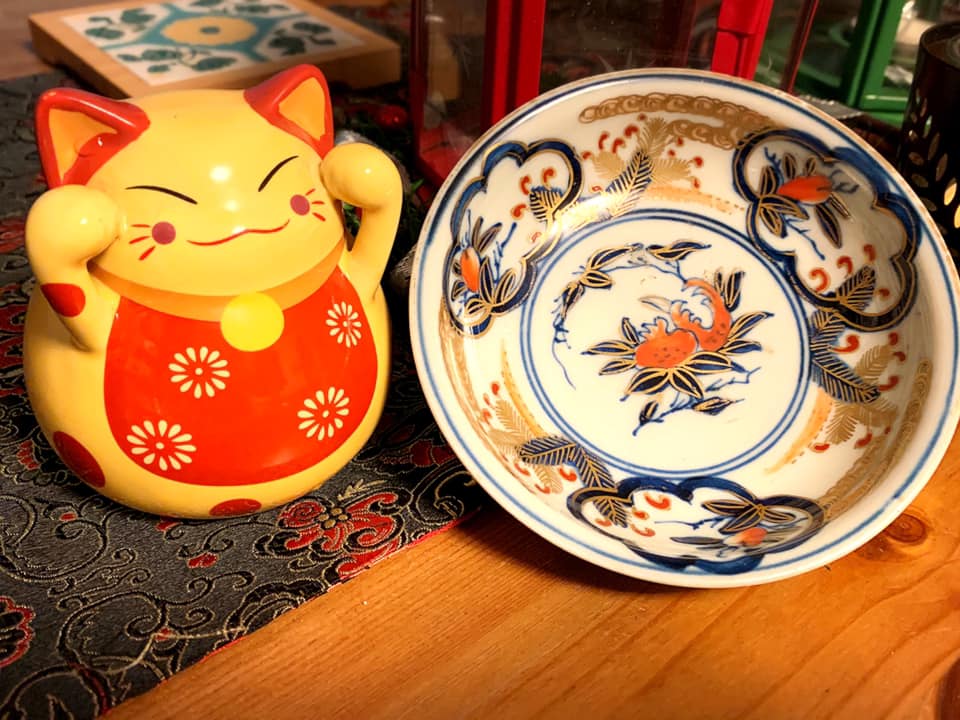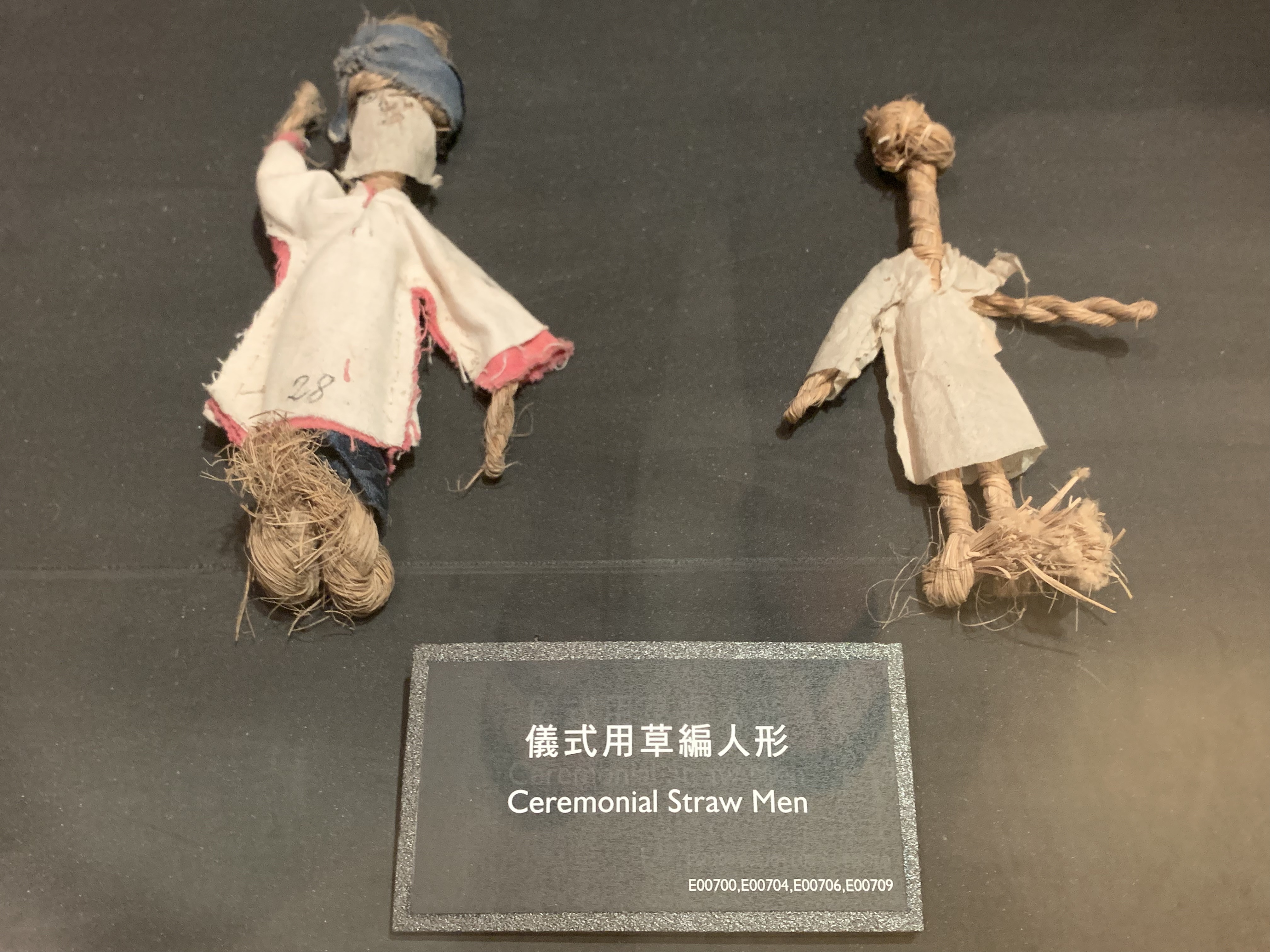 |
| From the Academia Sinica's history museum, I present: A visualization of the KMT's beef with Fan Yun |
Something really interesting popped up yesterday - well, interesting to me.
Back in March, some DPP lawmakers called for Academia Sinica's name to be changed, as "Sinica" means "Chinese" and, well, Taiwan is not a part of China - think "Academia Taiwanica". DPP party list legislator Fan Yun (范雲), formerly of the Social Democratic Party, has been one of the strongest voices calling for this change.
Considering Academia Sinica's very "Republic of China" roots (it was founded in Nanjing in the 1920s and moved to Taiwan after the Chinese Civil War), this would be quite a statement indeed.
Notably, the institution's name in Mandarin (中央研究院) doesn't refer to China at all - it's just the "Central Research Institute", and Fan pointed out that 'Academia Sinica' would most accurately be translated as '中國科學院' in Mandarin.
Fan Yun made the news again yesterday when she and two other legislators, Wu Lihua (伍麗華) and Lai Pinyu (賴品妤) introduced a motion that all elected academicians "must be ROC citizens", and that if foreigners are elected, they should be "honorary" or in some sort of other category.
That sounds insane, if you don't know what an academician is in this context, or if you think by "foreigners" they mean "non-Chinese".
An "academician" isn't someone who works for Academia Sinica. It's not a job, it's an honorary lifetime title. There's no payment, and no research requirement. They can be asked by the government to carry out research (but never have), and they can make recommendations to the government on academic policy. That's it, really. As far as I am aware, no-one with no Chinese ethnic heritage has been elected to one of these positions (please correct me if I'm wrong). However, it is quite possible for foreigners of Chinese or Taiwanese heritage to be elected, meaning that Chinese nationals can also be elected.
Old academicians nominate new ones, and I am assured by a reliable source that these senior academicians often tend to be Chinese nationalists (that is, dark blue, pro-China), and nominate quite a few PRC nationals for the role. Because the nomination process doesn't ask about nationality, this has, until now, been an un-examined process.
Fan, Wu and Lai's proposal also stated that:
中研院組織法第四條明訂院士資格為「全國學術界成績卓著人士」,因此院士應該具中華民國國籍。
Article 4 of the Basic Law of Academia Sinica clearly states that the qualifications of academicians should be "outstanding academicians from around the country", so academicians should have the nationality of the Republic of China.
It makes perfect sense that DPP lawmakers would want to do something about this. What does "from around the country" mean if PRC nationals are being elected to these positions? What country are we talking about?
Allowing non-Taiwanese nationals to be elected but "honorary" (meaning they can't advise the government on academic policy) isn't such a crazy or nationalistic proposition.
Well, here's how the KMT spun it. From their website which was clearly designed by someone's teenage nephew (don't forget to enter your e-mail address for a SUPSCRIPTION):
In addition, the Academia Sinica is slated to elect new academicians in July. As no regulations exist on the nationality of Academia Sinica academicians, many of them don’t possess ROC citizenship. In a meeting of the Legislative Education Committee yesterday, three legislators, including Fan Yun, introduced a motion demanding that in order to ensure that all academicians elected “must be ROC nationals” in the future, the Academia Sinica re-examine its election system for academicians to fully implement nationality checks, and that those without ROC nationality could only be elected as “honorary academicians.”
This motion elicited disputes, with several academicians describing the move as “national isolationism” yesterday. [Emphasis mine].
This makes it sound like Fan wants to bar foreigners from working at Academia Sinica, as it never explains what an academician (a specialized term requiring clarification) is, or does.
UDN's somewhat more informative report echoed this line of "isolationism":
中研院院士陳培哲表示,此一提案顯示台灣「鎖國心態愈來愈嚴重」。他指出,中研院身為台灣最高學術機構,應該「廣招天下英才」,連美國科學院院士也聘國外院士,「台灣人才有多少?」他質疑立委「想讓中研院當一個封閉的單位,還是開放的單位?」
Chen Peizhe, an Academia Sinica academician, said that this proposal shows Taiwan's "isolationist mentality is getting more and more serious". He pointed out that as the highest academic institution in Taiwan, Academia Sinica should "recruit talent from all over the world." Even the American Academy of Sciences also elect foreign academicians. "How many talented people are there in Taiwan? Is it an open list?" [Emphasis mine].
That's not the only such quote.
The UDN article never once mentions that most of these "foreign" academicians are PRC citizens and "all around the world" means "ethnic Chinese who may hold other citizenships but are mostly from the PRC".
The position, as I understand it, was never meant to "recruit foreign talent". It was conceived of as an internal, national thing. It doesn't pay and it isn't a job, and isn't generally open to people without Chinese ancestry of some kind, so how would changing the process end a flow of foreign talent into Taiwan?
What's more, isn't the KMT bottom line that Taiwan is Chinese, that the ROC is the rightful government of China and that Taiwan is a part of the ROC? So, by that logic, wouldn't they think of PRC nationals as...not really foreigners? It seems that to the KMT, Chinese and Taiwanese are the same, but these PRC nationals suddenly become "foreign talent" from "all over the world" when it's convenient for the KMT to target the DPP.
Hmmm.
UDN also gets the crux of the problem wrong, stating there are no "confidential research" or "academic secrets" that these foreign academicians can "steal" - but of course, that was never the point. The point is, how much influence do academics from China have on Taiwan's top research institution and the recommendations it makes to the government?
Even more importantly, if this title is meant to honor members of this society, the question is, how do we define "this society"? As Greater China? As the ROC? As Taiwan? If the Academia Sinica was originally meant to be a "Chinese" institution, well, that is no longer possible in a Taiwanese context where "this society" no longer considers itself "Chinese" (or rather, is no longer forced to do so, and is no longer ruled by an elite class from China). It would make sense, then, that those named "academician" would be from Taiwan, or at least have a strong connection to it. The pan-blues clearly know they've already lost the battle to define "this society" as "all Chinese", so they're trying to ensure that PRC nationals remain eligible while calling them "foreigners", when they clearly don't really believe that. Again, the KMT is trying to have it both ways: Taiwan and China as one cohesive "Chinese society", and Chinese as "foreigners" for the sake of a convenient attack narrative against the DPP.
In short, it should strike you as odd that the KMT is accusing Fan Yun - and others, but they are clearly targeting Fan here - of "isolationism" under the false pretext that it is keeping out academics "from all over the world" and not "recruiting foreign talent" when the roles being discussed were never intended or even particularly suitable for "foreign talent", almost all of the foreigners in question are Chinese nationals (so, people whom the KMT doesn't generally think of as "foreign" at all) being nominated by their ideologically biased predecessors, and the honor is specifically meant to recognize achievement among the country's own citizens.
Although the UDN article explains this - whereas the KMT brief does not - the reporter never questions the academicians interviewed, nor put quotes like "national isolation" into any sort of context or clarification.
Nothing - truly nothing- about the way the pan-blue media and the KMT are portraying this issue is accurate. It's just another attempt to set up the DPP, and Fan Yun, to look like rabid, xenophobic ethno-nationalists.
I'm not even particularly interested in how Academia Sinica nominates academicians, a position I didn't even know existed until the KMT started ranting about Evil Fan Yun. I am interested in how the media portray these incidents to stir up divisions in Taiwanese society. UDN did a terrible job analyzing a news item, but a fantastic job sourcing a bunch of un-examined quotes with which to attack the DPP.
I'll leave you with this: try Google Translating that UDN article. Every time Academia Sinica comes up in the Mandarin, Google translates it as "the Chinese Academy of Sciences", and every time "national" (國人) comes up, it translates it as "Chinese".
So if you were wondering if these name games matter, they do.

